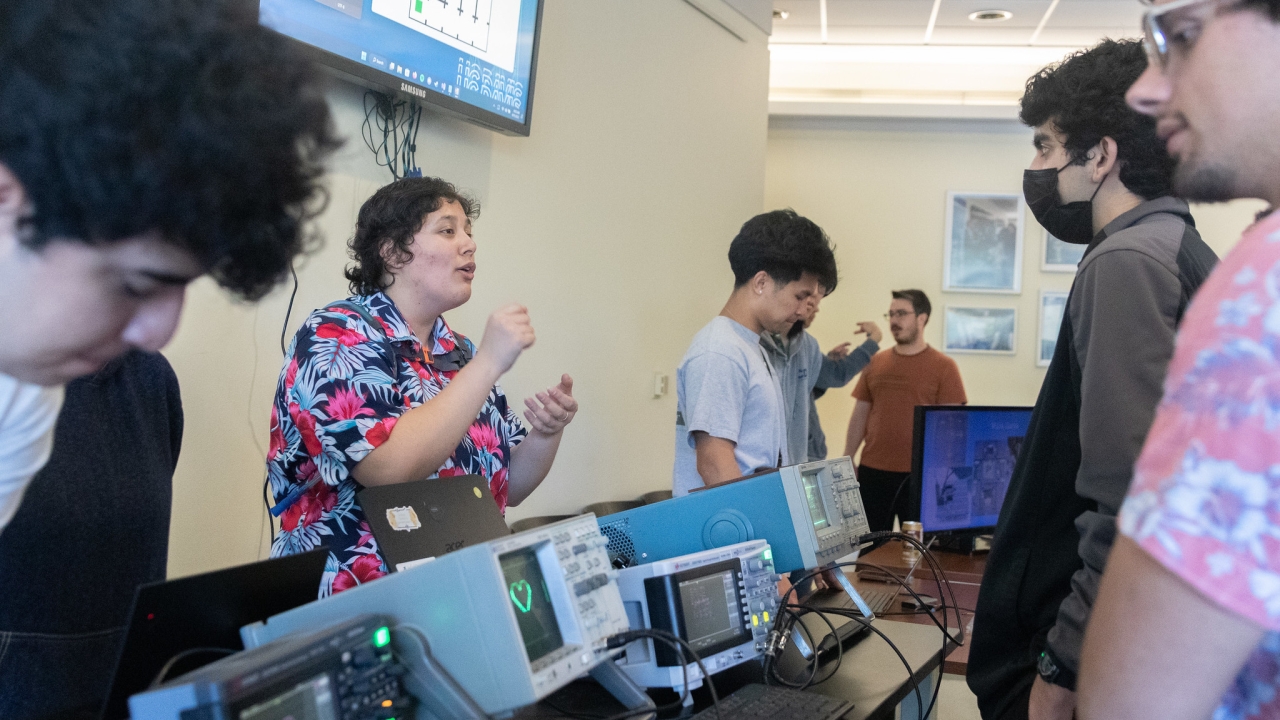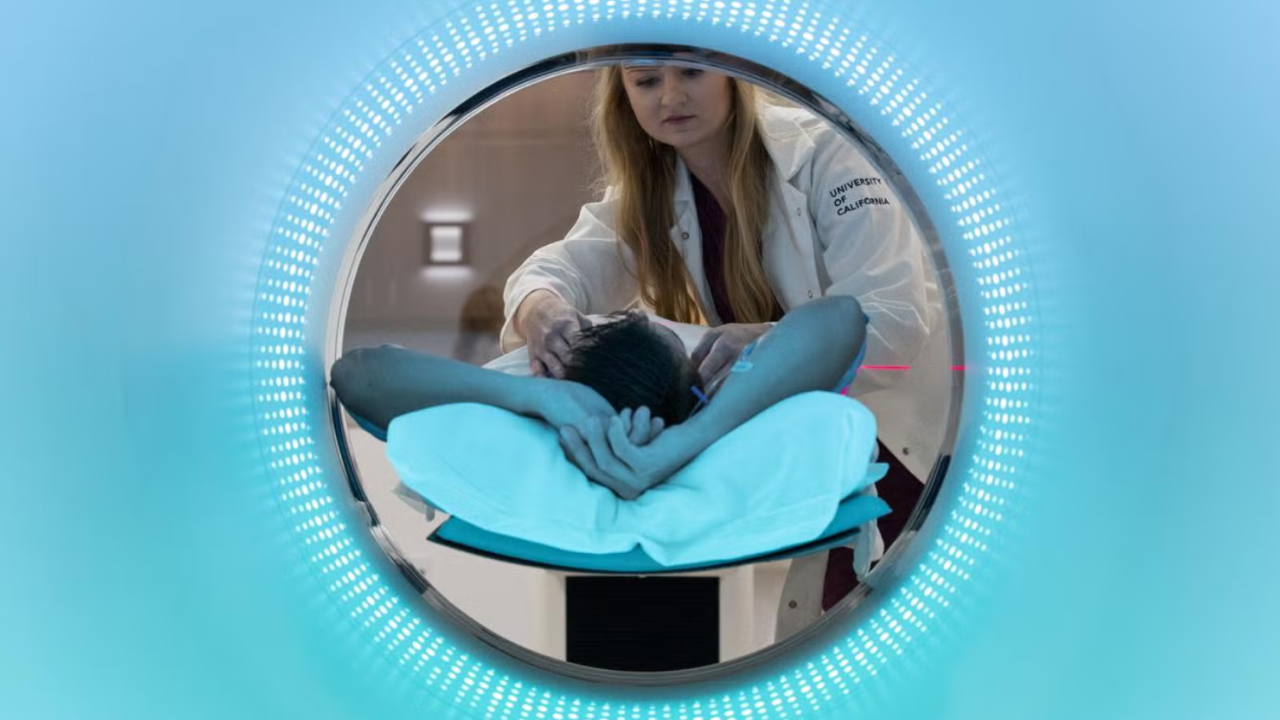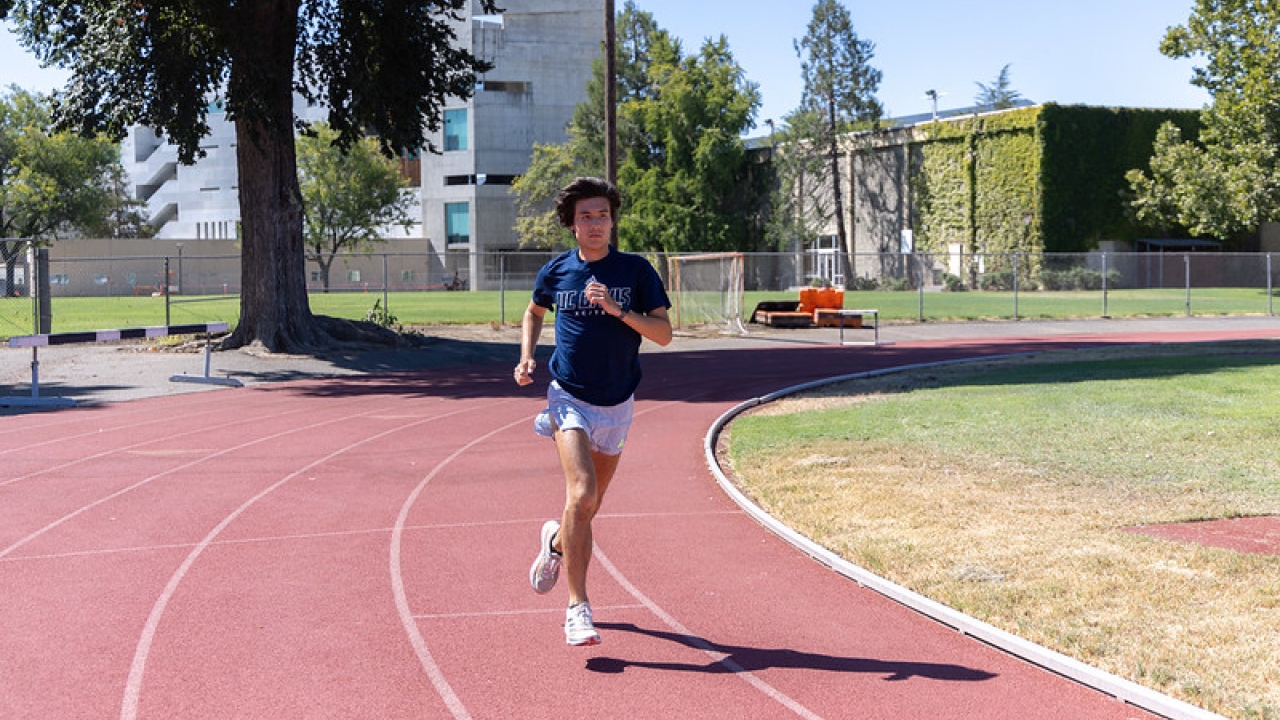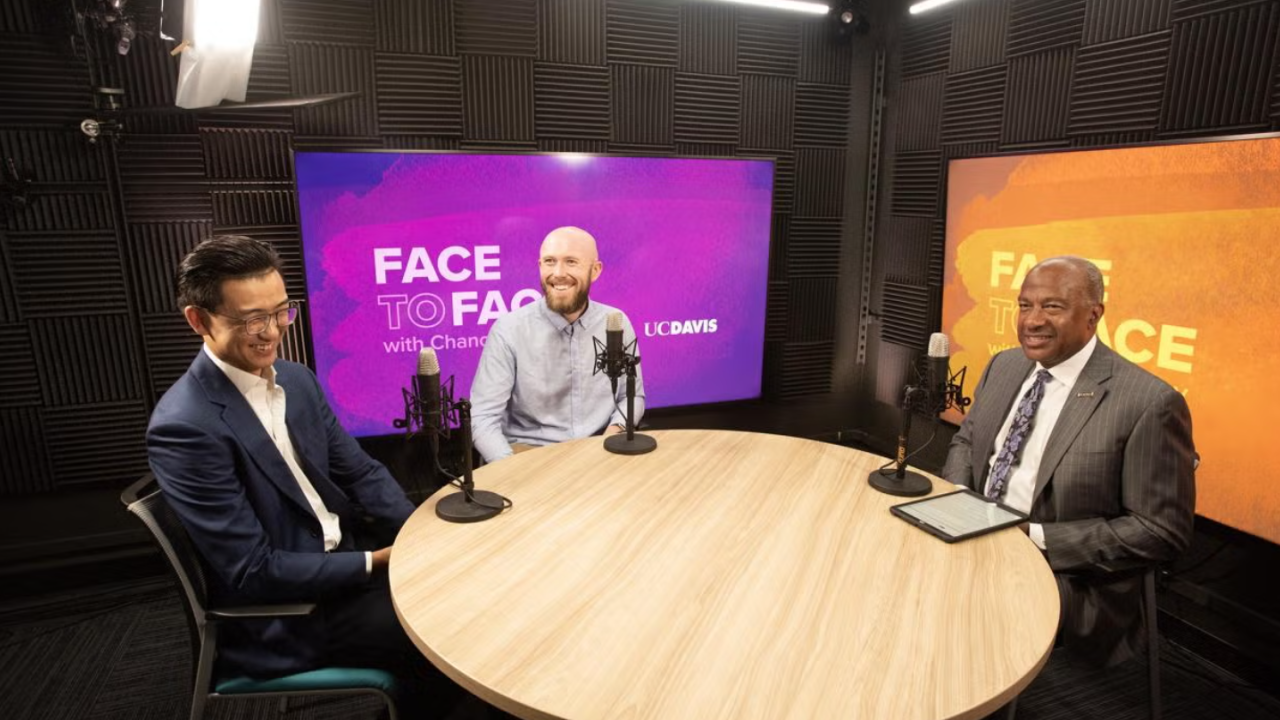
Emergent Learning at Picnic Day is for Student Exhibitors, Too
The EE-Emerge program uses Picnic Day as an opportunity to teach students what it’s like to be an engineer outside of the classroom
As much as Picnic Day is an opportunity for attendees to learn about science topics in a fun environment, it too is an experience full of valuable learning moments for the students who distill complex ideas into engaging exhibits.
Take EE-Emerge as an example, an open house event at Picnic Day. It's a crucial moment in the year-long EE-Emerge program that introduces juniors and advanced sophomores in the Department of Electrical and Computer Engineering to aspects of being an engineer not conventionally taught in the classroom, such as budgeting projects and communicating their work to multiple audiences.
For Picnic Day 2023, 26 EE-Emerge students came together to develop four innovative electrical and computer engineering projects, simultaneously wrapping their heads around programming issues and optimal communication strategies to inspire curiosity in children.
The final designs ranged from a game where players used a dance pad with directional inputs to explore a maze to repurposed oscilloscopes — a device that can visually display electrical signals — as a fun tool for teaching electrical engineering concepts.
Here are four key lessons EE-Emerge students learned as they prepared their designs for Picnic Day.
Turning Frustration into Solutions
"Going to office hours to solve problems with my teammates and our TA," said Melissa Poncini, reflecting on the most memorable experience of the project. "The challenges we faced week after week were valuable in learning to turn frustration into solutions and have fun while doing it."
The Positivity of Human Circuitry
"A positive unexpected experience I had was the genuine interest many people had in our Connect 4 project," Fatima Shaik said. "I thought most people would only be interested in playing the game. I remember there was a teacher who was really interested in integrating [our] project [into] his classroom to get his students a glimpse of the STEM world."
Fellow EE-Emerge student Logan Abdelhafiz had a similar thought: "The most rewarding aspect of this project was witnessing [its] ability to bring joy to individuals of all age groups, from kids to teenagers, adults and even the elderly. Observing their happiness filled me with a deep sense of fulfillment, knowing that I played a role in creating a positive experience."
Optimizing Communication
"I learned that not everyone is going to get your initial explanation of the project, and thus to communicate better, you need to take a different approach in explanation sometimes," Alex Lowe said.
"Some want a more in-depth explanation and others are only partially interested. It helps to draw them in with a hook or make sure they have the understanding of it before you become more technical."
An EE-Mergent Mindset
"Overall, I feel that I learned more in EE-Emerge than in any of my engineering classes because it was a passion project," said Rameen Khan, while discussing the most valuable skills she learned through the project.
"My sole motivation was [to better] myself as an electrical engineer. I learned a lot of valuable details that my classes never taught me because those were details that would only ever come up when doing a real-world, hands-on project. I also gained a lot of non-electrical knowledge, especially mechanical knowledge, which only [diversified] my knowledge."




